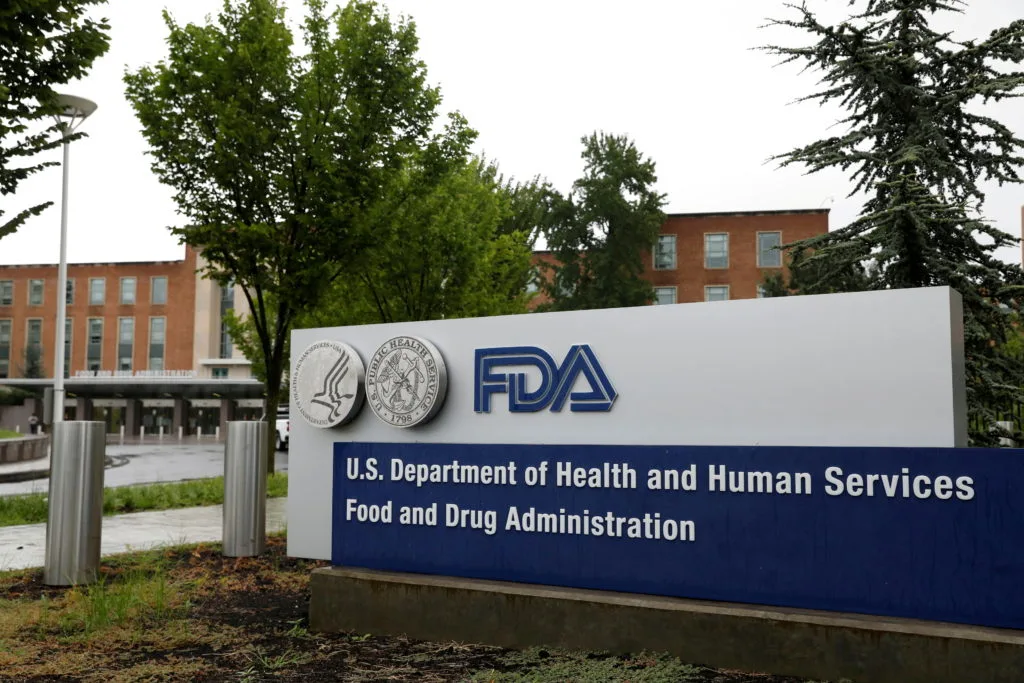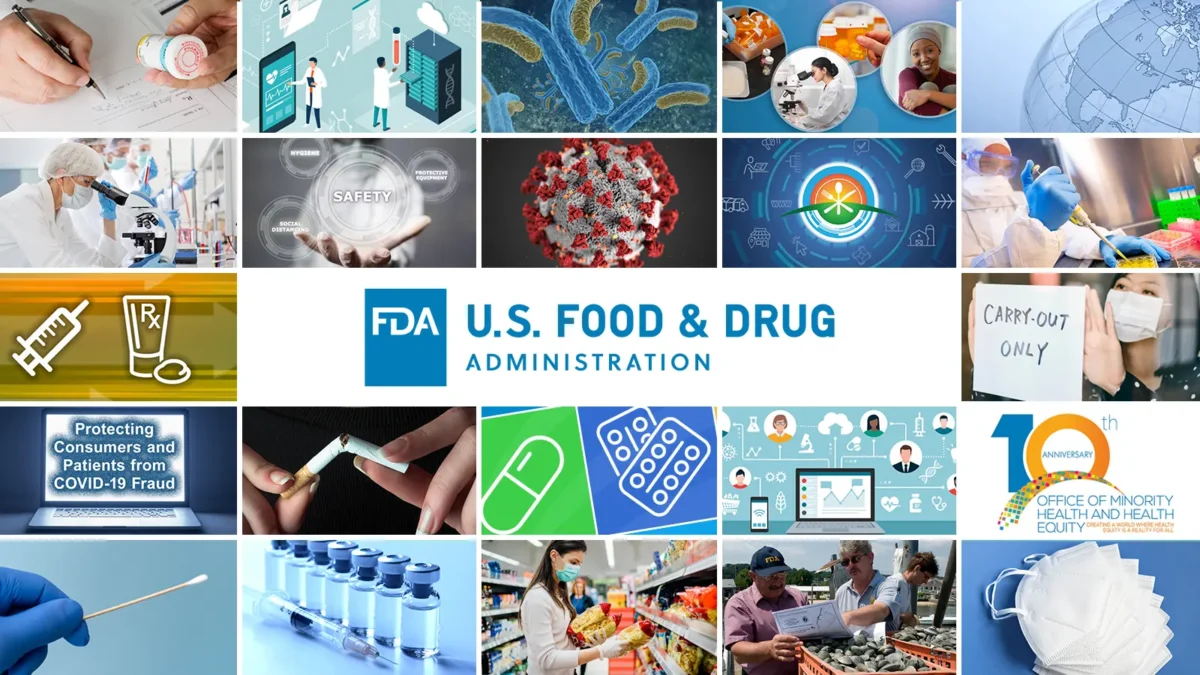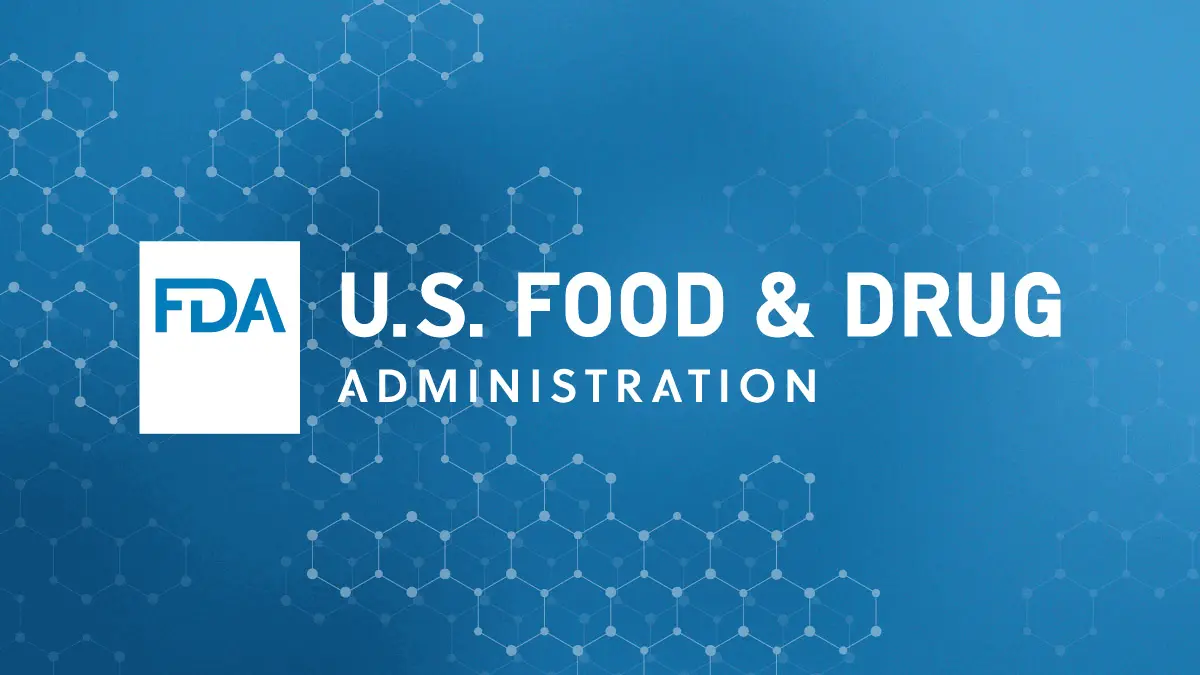USFDA, Public health, clinical trial, Inspections of drug manufacturing facilities, drug approval, safety, quality, effectiveness, reports of adverse events, post-market studies, Post-Approval Vigilance, the advertising of drugs, highly trained experts, Guidelines, Food and Drug Administration (FDA), The Center for Drug Evaluation and Research (CDER).

What is the FDA’s Role in Regulating Drugs?
The Food and Drug Administration (FDA) is responsible for protecting the public health by ensuring that drugs sold in the United States are safe, effective, and of high quality. The FDA does this by reviewing clinical trial data, conducting inspections of drug manufacturing facilities, and monitoring drugs for safety after they are approved.
The FDA’s drug approval process is rigorous and takes an average of 10 years to complete. During this time, the FDA carefully evaluates the safety and effectiveness of a drug, as well as its potential risks. The FDA also considers the benefits of the drug to patients, such as whether it could provide a cure or improve a patient’s quality of life.
Once a drug is approved by the FDA, it is still monitored for safety. The FDA receives reports of adverse events from patients, healthcare providers, and drug manufacturers. The FDA also conducts post-market studies to further assess the safety of drugs.
The FDA does not conduct clinical trials or set the prices of drugs. However, the FDA does provide information to patients and healthcare providers about the safety and effectiveness of drugs. The FDA also works to ensure that patients have access to safe and effective drugs.
FDA’s Role in Regulating Drugs
Here are some of the specific things that the FDA does to regulate drugs:
- Review clinical trial data to assess the safety and effectiveness of new drugs.
- Conduct inspections of drug manufacturing facilities to ensure that drugs are produced in a safe and sanitary environment.
- Monitor drugs for safety after they are approved.
- Require drug manufacturers to report adverse events to the FDA.
- Approve generic drugs, which are copies of brand-name drugs that have been shown to be safe and effective.
- Regulate the advertising of drugs.
- Require drug manufacturers to provide accurate and truthful information about their products.
- Establishing guidelines and specification.
The FDA’s drug regulation process is complex and rigorous, but it is essential to ensuring the safety and effectiveness of drugs for patients. The FDA’s work helps to protect the public health and ensure that patients have access to safe and effective medicines.

Understanding the FDA’s Crucial Role in Regulating Drugs
In the realm of pharmaceuticals, the Food and Drug Administration (FDA) serves as a vital guardian of public health. This agency plays a pivotal role in ensuring that drugs available to consumers are not only effective but also safe, of high quality, and capable of delivering the intended results. But how does the FDA go about this task? How are decisions made? And, most importantly, are these decisions made with your best interests in mind? In this article, we will delve into the FDA’s role in regulating drugs, answering these crucial questions and shedding light on its broader functions.
The Guardians of Public Health
The FDA boasts a team of highly trained experts who operate within the Center for Drug Evaluation and Research. Their primary mission is clear: safeguarding the health of the public, advancing scientific knowledge, and regulating human drugs. These dedicated professionals are responsible for meticulously analyzing data, evaluating research, and making decisions grounded in scientific evidence to ensure that prescription drugs, generics, biosimilars, and over-the-counter medications function as intended.
Science and Data-Driven Decision-Making
At the heart of the FDA’s operations lies an unwavering commitment to using science and data as its guiding principles. Every decision, whether it pertains to the safety of a new drug or its efficacy, is rigorously scrutinized. The FDA asks and answers critical questions such as:
- Is this new drug safe?
- Does it perform its intended function effectively?
- Do the benefits of this drug outweigh the potential risks?
These questions form the cornerstone of the FDA’s decision-making process, ensuring that the medications you rely on have been thoroughly evaluated.
Post-Approval Vigilance
The FDA’s role doesn’t end with drug approval. In fact, it’s just the beginning. Once a drug secures FDA approval, the agency continues to monitor it for safety and quality for years to come. This ongoing vigilance guarantees that any emerging concerns or issues are promptly addressed, providing healthcare providers and patients with the peace of mind they deserve.
A Commitment to Independence
One of the most critical aspects of the FDA’s work is its unwavering commitment to independence. Decisions made by the FDA are entirely science and data-driven, free from external influences such as industry pressure or political agendas. This ensures that the interests of public health remain paramount in all regulatory decisions.
What the FDA Doesn’t Do
While the FDA plays a pivotal role in ensuring drug safety and effectiveness, it’s essential to clarify what the agency doesn’t do. The FDA oversees clinical trials for safety and reviews the resulting data, but it does not conduct these trials. Additionally, the FDA does not control drug pricing or interfere in the interactions between patients and their healthcare providers.
Conclusion
In summary, the FDA’s role in regulating drugs is a multifaceted and critically important one. It involves a dedicated team of experts who rely on science and data to make decisions that prioritize the safety and well-being of the American public. By asking and answering crucial questions, the FDA ensures that medications are used wisely and effectively. This commitment to science-driven decisions and independence sets the FDA apart as a guardian of public health in the world of pharmaceuticals.

The Food and Drug Administration (FDA) is responsible for ensuring the safety, quality, and effectiveness of new drugs. Their highly trained staff in the Center for Drug Evaluation and Research analyze data, evaluate research, and make decisions based on science to ensure that prescription, generic, biosimilars, and over-the-counter drugs work correctly.
The FDA uses science and data to ask and answer important questions about new drugs. They determine if a new drug is safe, if it works as intended, and if the benefits outweigh the risks. This thorough analysis helps the FDA provide timely information to healthcare providers and patients, allowing them to make informed decisions about treatments.
It’s important to note that the FDA’s decisions are not influenced by industry or politics. They are guided solely by science and data. The FDA oversees clinical trials for safety and reviews the resulting data, but they do not conduct the trials themselves. Additionally, the FDA does not control the cost of drugs or get involved in interactions between patients and their healthcare providers.
The FDA’s primary focus is on protecting the public’s health and providing accurate, science-based information. Their mission is to ensure that the American public has the information they need to use medications wisely. By asking questions and letting science lead to the answers, the FDA works to safeguard the well-being of the public.
What is FDA’s role in regulating drugs?
Also Read :
21 CFR Part 210 – cGMP in Manufacturing, Processing, Packing, or Holding of Drugs; General